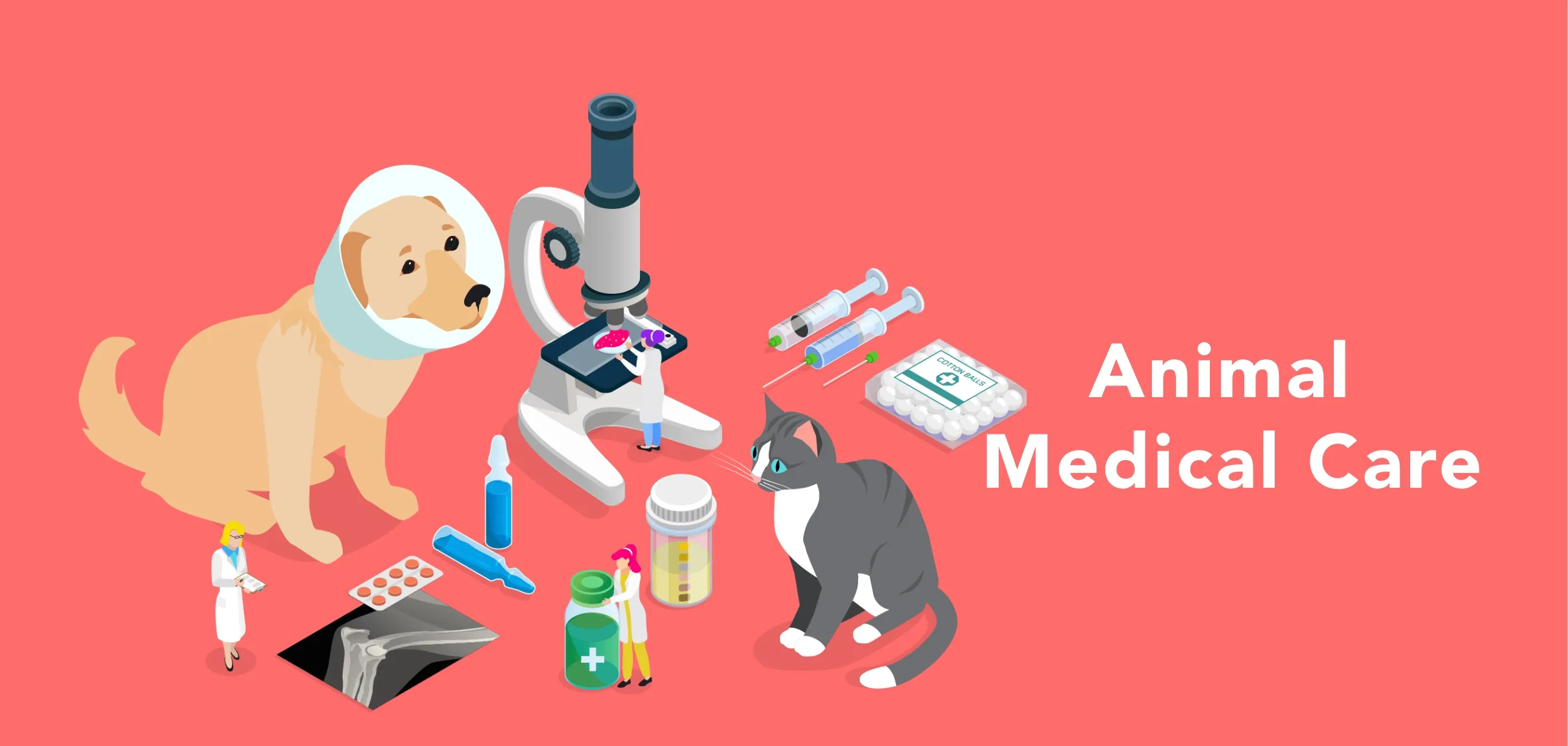
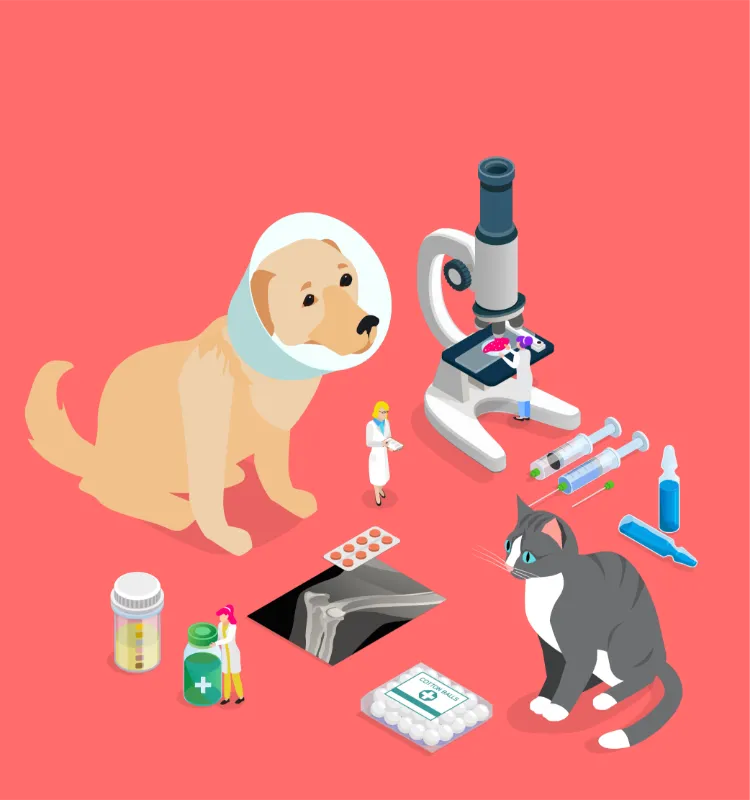
Animal Medical Care
In recent years, the demand for pets has increased, and medical care for animals has received more attention. In veterinary medicine for dogs and cats, as with humans, a variety of treatment methods, prevention, and health management are extremely important. For this reason, we are working to apply photodynamic therapy (PDT), which has a proven track record in humans, anti-aging supplements, and immune cell therapy to animals.
In addition, we are also working on research and development of cancer treatments with less burden by utilizing “liposome” technology, a type of DDS, designed to efficiently deliver drugs to tumor tissue, and supplements to improve the absorption rate, thereby contributing to the health and well-being of animals and their families.
Photodynamic Therapy (PDT)
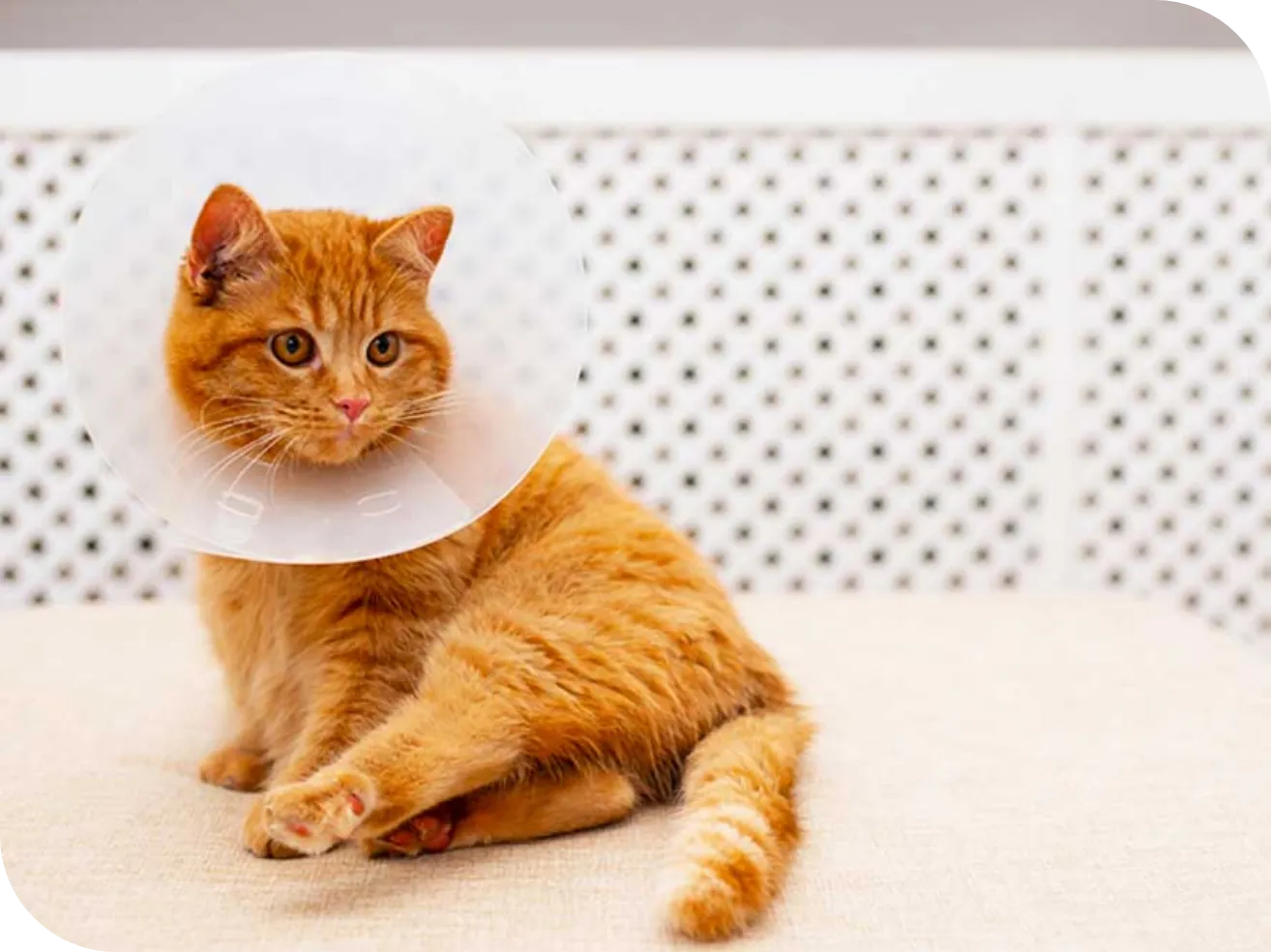
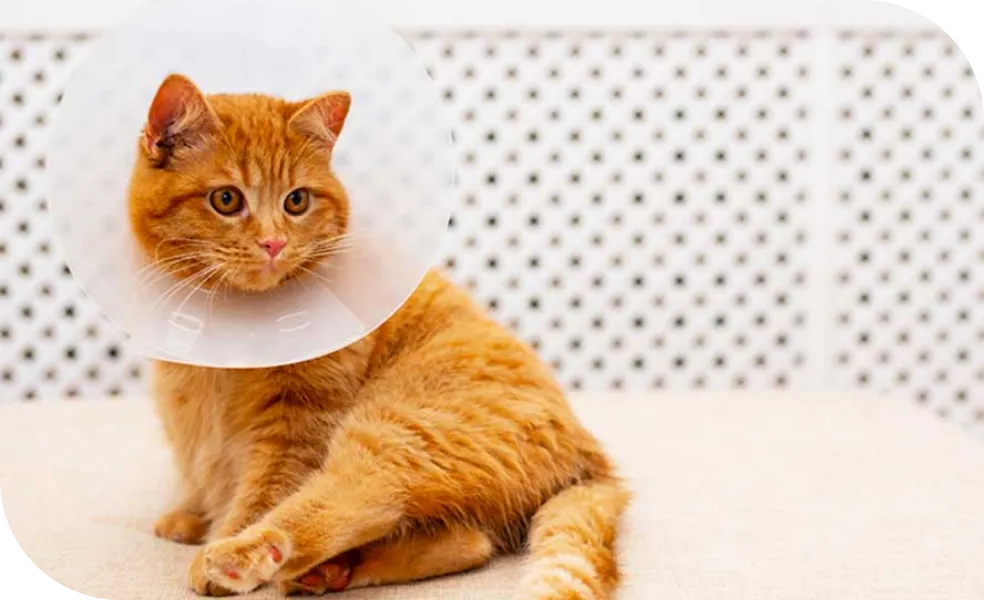
Medical advances have led to longer life spans not only for humans but also for pets such as dogs and cats. One of the adverse effects of this increased lifespan is that older pets can develop cancers, and this is becoming a problem of great concern. Photodynamic therapy (PDT) is a treatment method that causes cancer cells to take up a light-sensitive substance and then they are irradiated with light, which selectively exerts its effects only on tumor tissue without affecting normal tissue. This therapy has already been established in human clinical practices as a treatment without serious side effects, and its effectiveness has also been demonstrated in clinical trials in animals.
We are researching and developing PDT reagents specifically for pets by applying the polymerization of light-sensitive substances and the research and development technology of drug delivery systems (DDS), which we have cultivated through technology and experience.
Anti-Aging
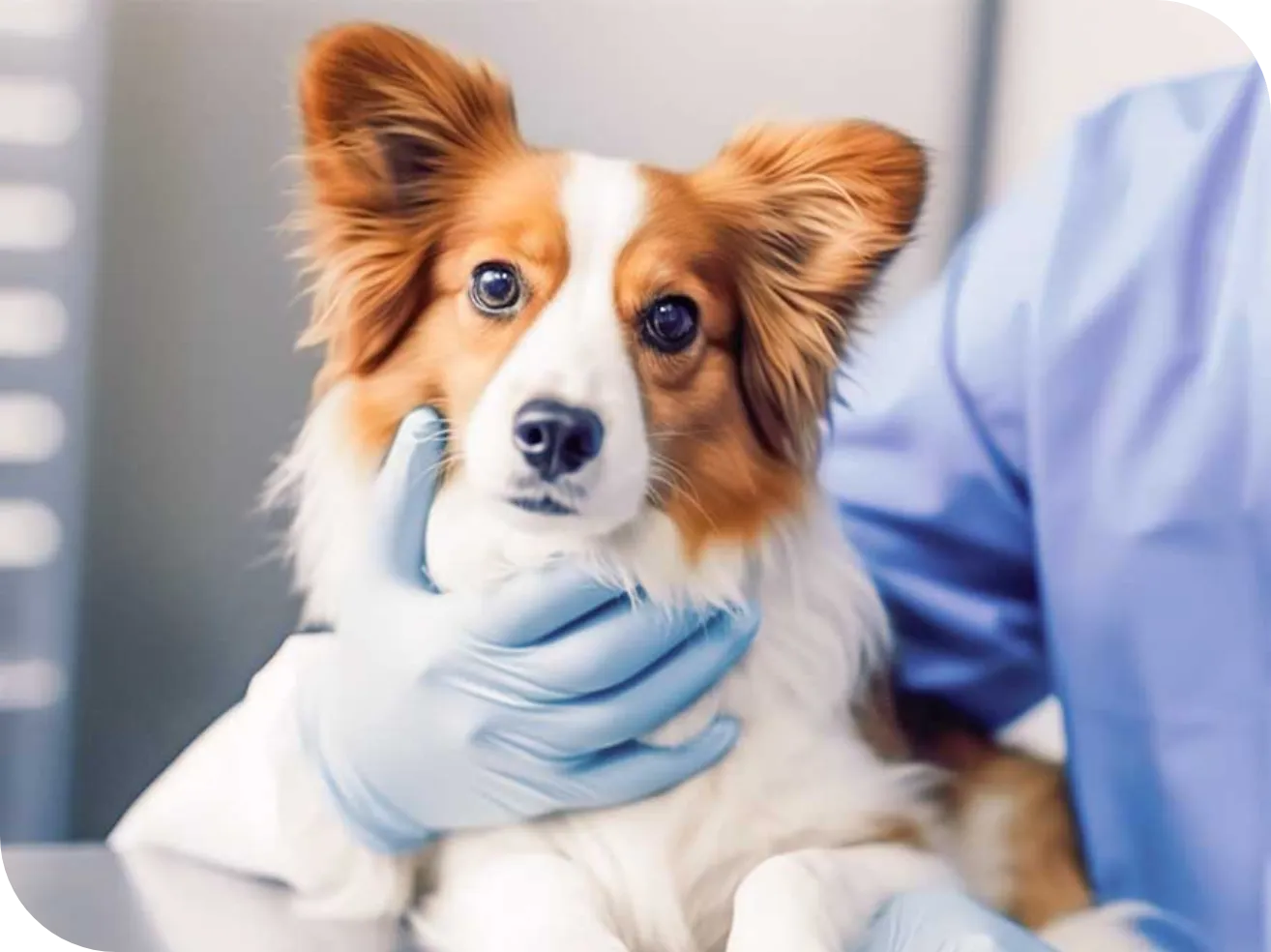
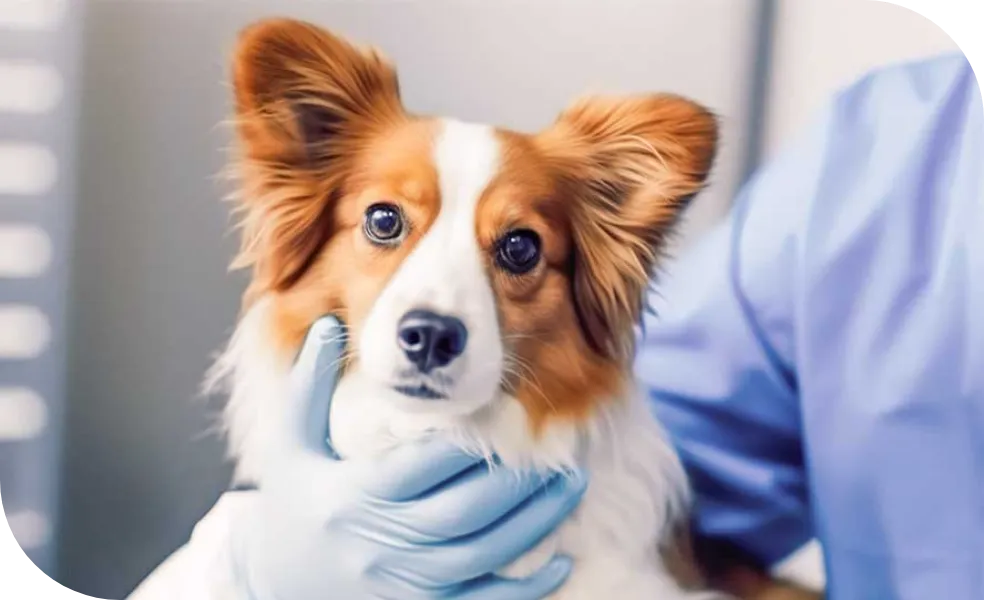
Anti-aging for animals is expected to prevent age-related deterioration of the legs and feet as well as cognitive decline, thereby extending healthy life spans. Specifically, it has been suggested that activation of the sirtuin gene by anti-aging substances may inhibit aging, thereby extending the healthy lifespan of not only humans but also pets such as dogs and cats. We are utilizing our technology and experience in drug delivery system (DDS) research to conduct research and development of supplements that can be efficiently ingested by pets, focusing on the liposomalization of anti-aging substances. We also consider the psychological, physical, and social value of pets to be important, and aim to create a society in which pets can live a better life with their families for a longer period of time.
Animal iNKT Research
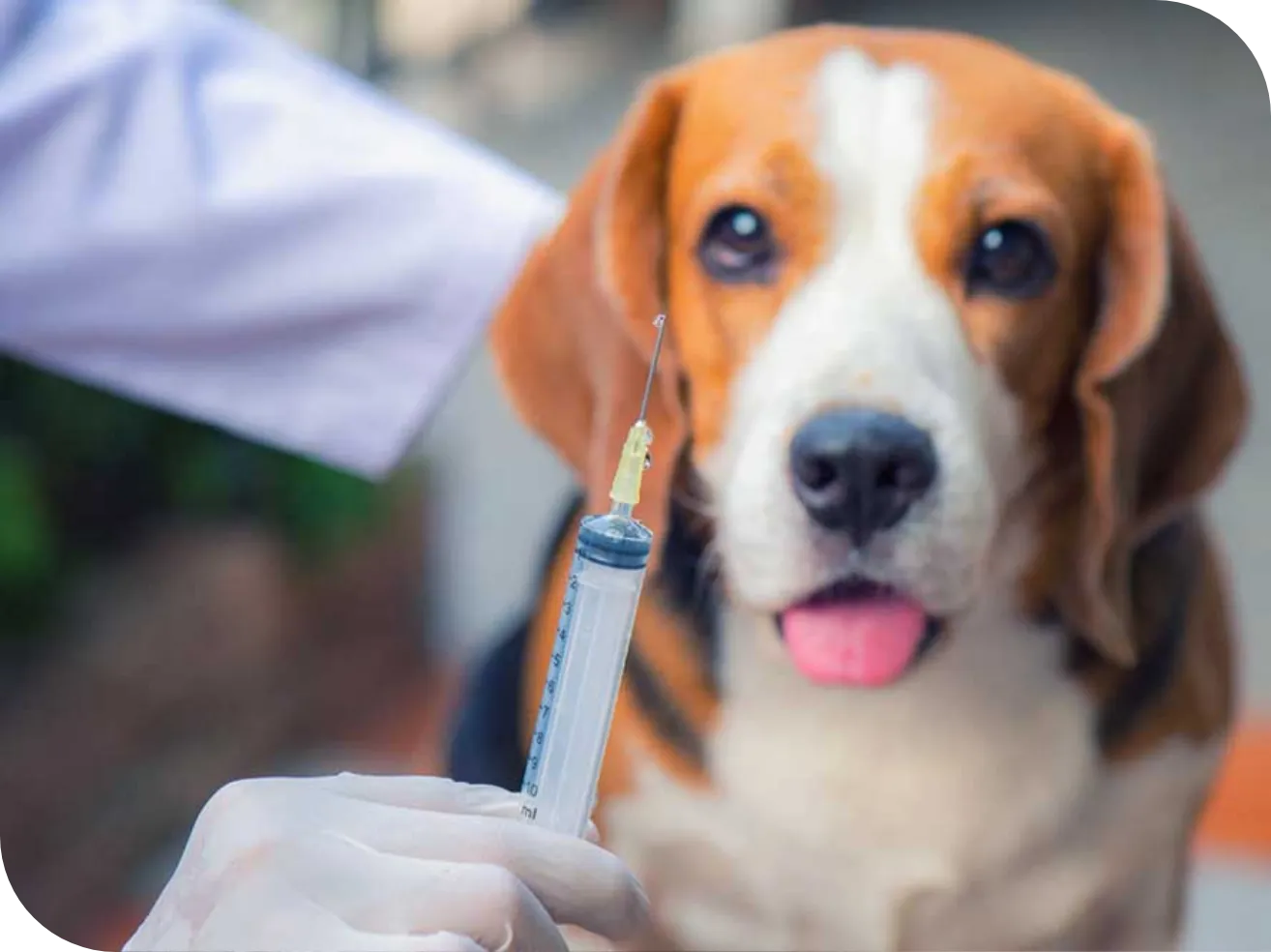
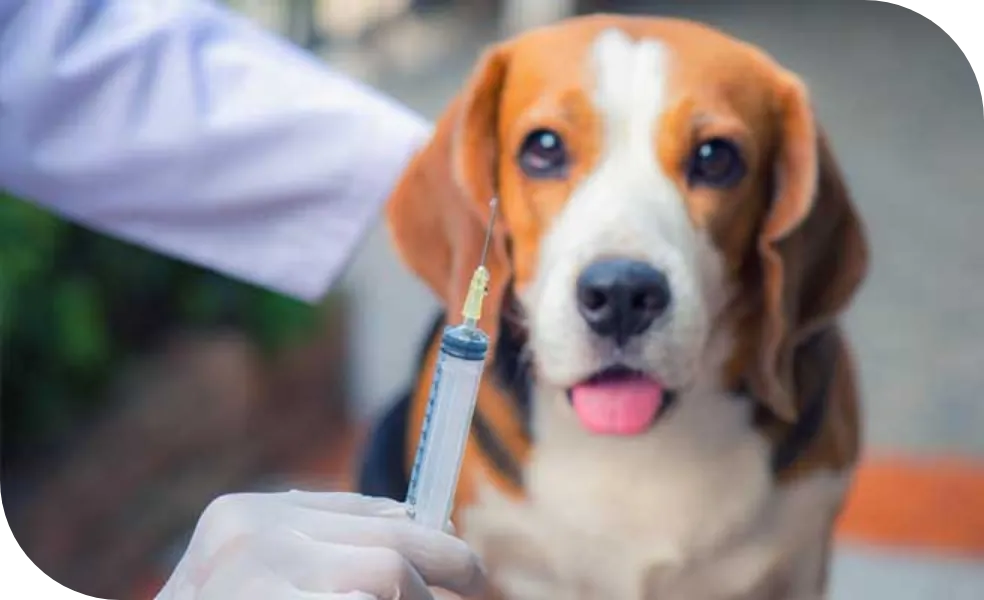
It has become clear that as animals such as dogs and cats age, their immunity is also weakened and they can develop cancer. In this context, invariant natural killer T (iNKT) cells have been called the “fourth lymphocyte” after T cells, B cells, and NK cells. iNKT cells activate immunity through various substances, and are being studied in immuno-cell therapy for cancer treatment and autoimmune diseases. We are conducting research on the activation of iNKT cells via dendritic cells using substances originally developed by our affiliated research institute. The usual method is to harvest iNKT cells from the affected animal, grow and activate them outside of the animal's body, and then return them to the animal. However, we are conducting research and development of a minimally invasive treatment method that uses liposome technology to directly activate the relevant substance in the body.




